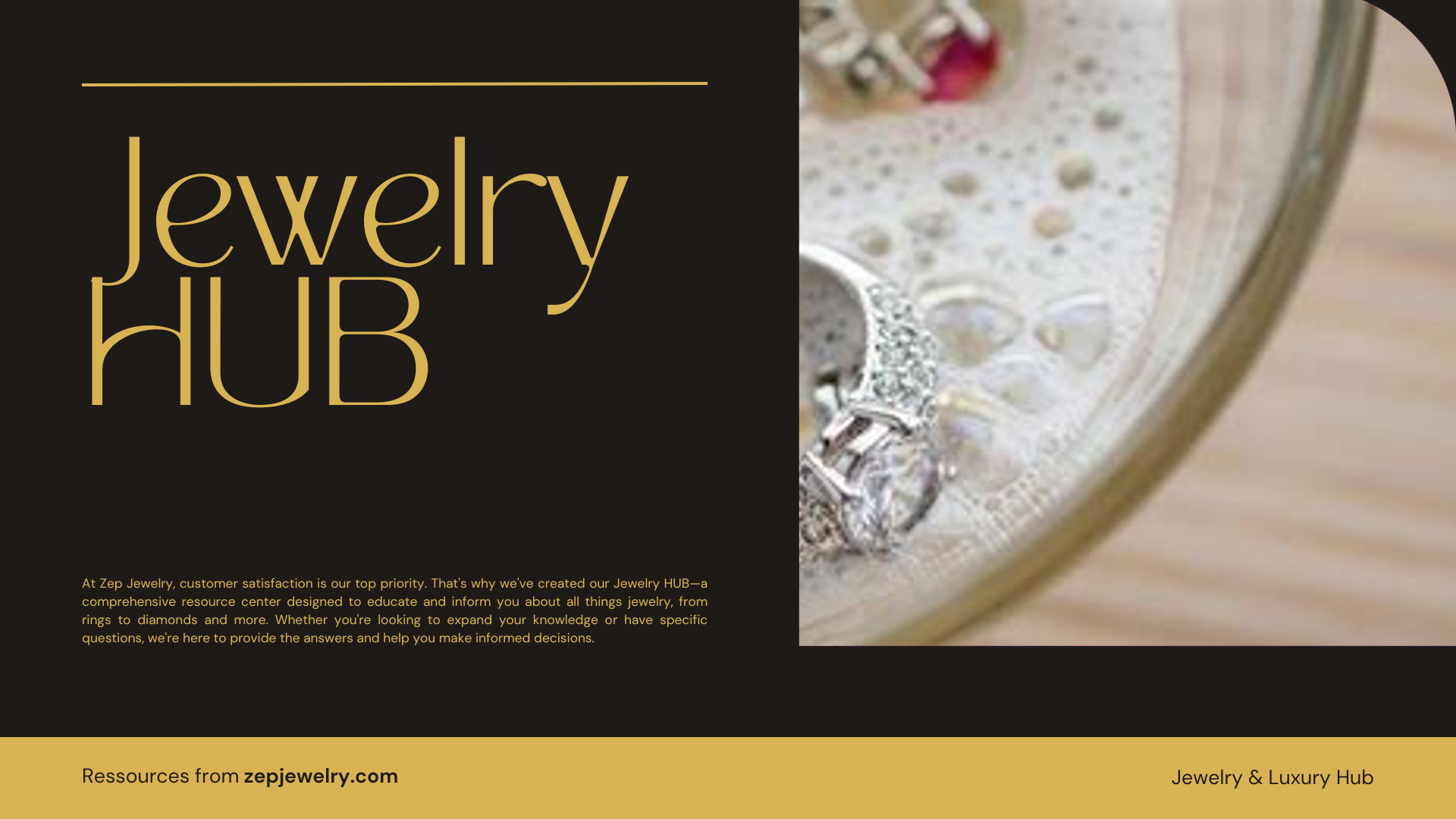Have you ever looked at your favorite necklace and thought, “If only this could shine like the day I bought it?” It’s tempting to reach for everyday cleaning products that promise to bring back that sparkle, but what if the fix is as simple as a bottle of vinegar sitting in your kitchen? While vinegar is a household hero for many cleaning tasks, its acidic nature raises a caution flag when it comes to jewelry care. Delving deeper into the chemistry of shiny objects reveals that not all that glitters can withstand the bite of vinegar. Let’s explore whether this potent cleaning agent truly deserves a spot in your jewelry maintenance routine.
Can vinegar be used to clean jewelry safely?
Using vinegar as a cleaning agent for jewelry is typically not advised due to its acidic composition, which poses a risk to the integrity of several metals, such as silver, and can also adversely affect certain gemstones. While vinegar may be known for its effectiveness in a variety of household cleaning applications, its sharp acidity makes it a poor choice for maintaining the luster and quality of jewelry items.
The acidic nature of vinegar can lead not only to corrosion over time but also to discoloration or dullness, especially on precious metal alloys and softer stones. For instance, silver can tarnish more quickly, and gemstones like pearls or turquoise can suffer from damage as well. Instead of reaching for vinegar, it’s best to opt for gentler, pH-balanced cleaning solutions specifically designed for jewelry care. These products are formulated to effectively remove dirt and grime without risking the long-term beauty of your cherished pieces.
If you’re looking for safe alternatives to clean jewelry, consider using a mix of mild soap—such as gentle dish soap or baby shampoo—and warm water. This solution is effective and helps avoid the pitfalls associated with harsh chemical cleaners. Simply mix a few drops of soap in a bowl of warm water, soak your jewelry for about 20-30 minutes, and follow up with a soft-bristled toothbrush or a microfiber cloth to gently scrub and polish. This method is not only safe but ensures that your jewelry remains sparkling clean without compromising its quality.
In conclusion, while vinegar may be a staple in household cleaning, its application in jewelry maintenance is highly discouraged. Switching to more appropriate cleaning solutions will help preserve the shine and integrity of your treasured items for years to come.
What are the alternative methods for cleaning jewelry at home?
For safely cleaning jewelry at home, milder solutions are often recommended, such as a mixture of warm water and a few drops of dish soap. This method effectively removes grime without the risk of damaging the materials. For silver jewelry, a DIY mixture of baking soda, salt, and water can also be effective, as it is less abrasive than vinegar and can remove tarnish without scratching.
Why is vinegar considered too harsh for silver and delicate gemstones?
Vinegar’s high acidity can cause silver to tarnish more rapidly and can eat away at the soft surfaces of delicate gemstones. Since silver can react negatively to acidic solutions, prolonged exposure can lead to permanent damage or dullness. Similarly, gemstones like pearls and opals are porous and can be harmed by acidic treatments, making them unsuitable for vinegar cleaning.
Do professionals recommend any substances for jewelry cleaning?
Professionals frequently recommend using a soft-bristled toothbrush dipped in a solution of warm water and mild dish soap for general cleaning. For delicate pieces and precious gemstones, specialized cleaners that are ammonia-free are advised. Regular professional cleaning is suggested at least once a year to ensure that settings are secure and any inherent issues can be addressed.
How can cleaning methods vary by different jewelry materials?
Different types of jewelry require tailored cleaning approaches due to the varying properties of the materials involved. For instance, hard gemstones like diamonds can withstand more rigorous cleaning techniques compared to softer stones like turquoise or moonstone, which are susceptible to damage from harsh substances and excessive scrubbing. Understanding the specific needs of each material is crucial for effective maintenance.
How often should I clean my jewelry to maintain its condition?
The frequency of cleaning jewelry depends on factors such as the type of jewelry and how often it is worn. For everyday items like engagement rings, a weekly cleaning with mild soap and water is effective, while others may require less frequent attention. However, it is advisable to have all jewelry inspected and professionally cleaned at least once a year to keep them in optimal condition.
Is it safe to use DIY cleaning methods on all types of jewelry?
DIY cleaning methods are not universally safe for all jewelry due to the varied nature of metals and gemstones. While some items can tolerate warm, soapy water, others, particularly those with porous materials or precious stones, may need special care. It is essential to research the appropriate cleaning protocols for each piece to avoid unintended damage.
